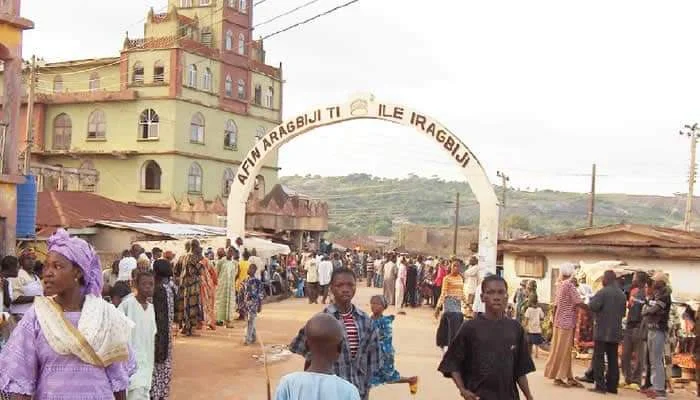MEET NEW EKITI STATE GOVERNOR, BIODUN OYEBANJI OYEBANJI, BAO.
....A new dawn with Hon. Biodun Abayomi Oyebanji.
Biodun Abayomi Oyebanji of All Progressives Congress (APC) won Ekiti 2022 governorship election after defeating PDP and SDP candidates; Bisi Kolawole and Engr Segun Oni.
Biodun Oyebanji popularly known as BAO will take oath of office on Sunday and after expiration of Dr Kayode Fayemi’s second term.
Below is the profile of new Ekiti State Governor, Biodun Oyebanji:
Biodun Abayomi Oyebanji was born on December 21, 1967 to Ezekiel Kunle and Esther in Ikogosi-Ekiti. He began his education at the Baptist Primary School in his hometown before attending the Awo Community High School; C.A.C. Grammar School, Efon-Alaaye; and District Commercial Secondary School, Aramoko-Ekiti. He then earned a first degree in political science from the Ondo State University (now Ekiti State University, Ado-Ekiti) in 1989.
Oyebanji earned a master’s in political science from the University of Ibadan (UI).
With credentials solidifying his knowledge in the field of political sciences, he sojourned into academics. He became a lecturer at the department of political science of the University of Ado Ekiti, where he worked for four years. His next path led to managing the treasury and financial services at the defunct Omega Bank Plc (now Heritage Bank) till May 1999 after which he segued into politics and governance.
Ekiti State Governor, Biodun Abayomi Oyebanji
ONE OF EKITI’S LONGEST-SERVING PUBLIC OFFICERS
Throughout Ekiti’s 26 years of existence, Oyebanji has been in public service for over 11 of those.
He began his political career as a special assistant on parliamentary affairs to Niyi Adebayo, the state’s first elected governor, in 1999 and then later became the chief of staff in the latter stage of the administration in 2003.
Then the Peoples Democratic Party (PDP) and Ayodele Fayose came into power, and Oyebanji was on a six-year hiatus from public service. He returned in 2009 but as the chairman of the governing board, citizenship and leadership training centre, federal ministry of youth and sports development — a position he held from June 2009 to December 2010.
After a court ruling sacked Segun Oni of PDP in 2009 and Kayode Fayemi was elected governor in 2010, Oyebanji was first appointed the commissioner for integration and inter-governmental affairs before he was tapped to head Ekiti’s office of transformation strategy and delivery (OTSD) a year later.
He was then named the commissioner for budget, and economic planning in 2013 and held the position till October 2014.
In 2018, after Fayemi was elected for a second term, Oyebanji got back into public service and was appointed secretary to the state government (SSG), a position he held until he resigned to join the governorship race in late 2021.
IleriOluwa..RestoringourValues Through Effective Leadership.









